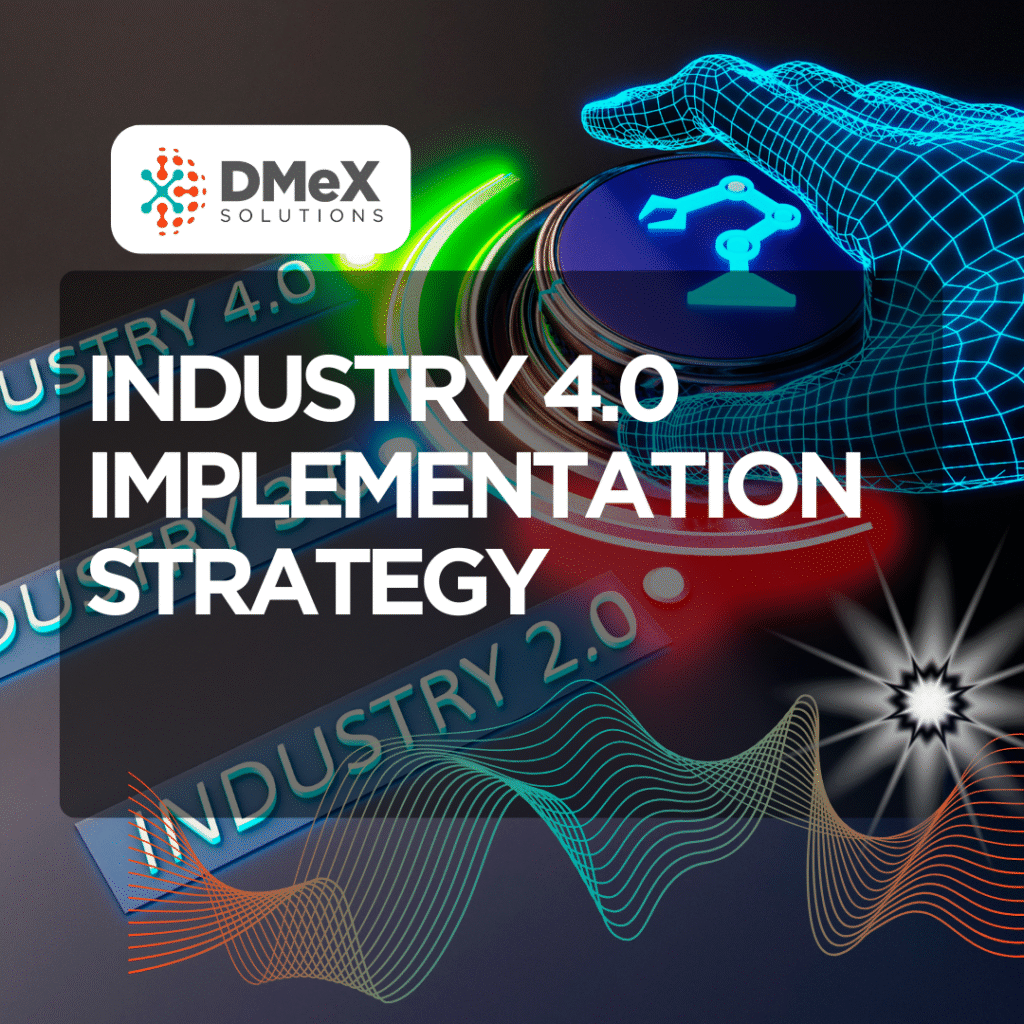As manufacturing enters a new era of connectivity and intelligence, Industry 4.0 has become the defining standard for competitiveness and growth.
From smart machines to real-time analytics, this digital revolution integrates automation, IoT, AI, robotics, and data analytics into every stage of production.
However, successful adoption requires more than just technology — it demands a well-structured Industry 4.0 implementation strategy.
Manufacturers must balance innovation, cost, and culture to ensure transformation leads to measurable outcomes like efficiency, agility, and profitability.
What Is Industry 4.0?
Industry 4.0 represents the fourth industrial revolution, characterized by intelligent manufacturing systems that connect people, machines, and processes through digital technologies.
Unlike traditional automation, Industry 4.0 emphasizes:
• Data-driven decision making through advanced analytics
• Connected devices via the Internet of Things (IoT)
• Artificial intelligence and machine learning for optimization
• Smart manufacturing where machines communicate autonomously
At its core, Industry 4.0 transforms factories into self-aware ecosystems that can monitor, predict, and adapt to changing conditions — leading to faster, smarter, and more sustainable production.
Why an Industry 4.0 Implementation Strategy Is Essential
Without a clear strategy, digital transformation initiatives can lead to fragmented systems, high costs, and underwhelming results.
A structured Industry 4.0 implementation strategy ensures that each step aligns with the company’s goals, workforce readiness, and technological infrastructure.
Key objectives include:
• Improving operational efficiency
• Enhancing data visibility across departments
• Enabling predictive maintenance and quality control
• Accelerating time-to-market through digital workflows
• Supporting sustainability and energy efficiency
A well-planned approach bridges the gap between legacy manufacturing systems and next-generation smart operations.
Measuring Success: KPIs for Industry 4.0
To track the progress of your Industry 4.0 implementation strategy, focus on key performance indicators (KPIs) that reflect both efficiency and transformation outcomes:
• Overall Equipment Effectiveness (OEE)
• Production Downtime and Mean Time Between Failures (MTBF)
• Yield Rate and Defect Reduction
• Energy Efficiency Metrics
• Supply Chain Lead Time
• Return on Investment (ROI) for digital initiatives
Continuous monitoring helps refine the strategy and identify opportunities for ongoing improvement.
The Future of Industry 4.0
As technologies evolve, Industry 4.0 will continue to expand into areas like:
• Digital twins for virtual production simulation
• 5G-powered industrial communication for real-time responsiveness
• Sustainable manufacturing through AI-based energy optimization
• Human-robot collaboration for hybrid work environments
These innovations will not only transform factories but also redefine global manufacturing standards — driving a smarter, safer, and more sustainable future.
Conclusion
Implementing Industry 4.0 is not just about adopting advanced technologies — it’s about reimagining how manufacturing works.
A strong Industry 4.0 implementation strategy aligns people, processes, and platforms to build a connected, intelligent, and agile factory ecosystem.
By following structured steps, overcoming challenges, and leveraging tools like DMeXPro MES, manufacturers can turn transformation into long-term success.
In the race toward digital excellence, those who plan smartly today will lead the smart factories of tomorrow.

